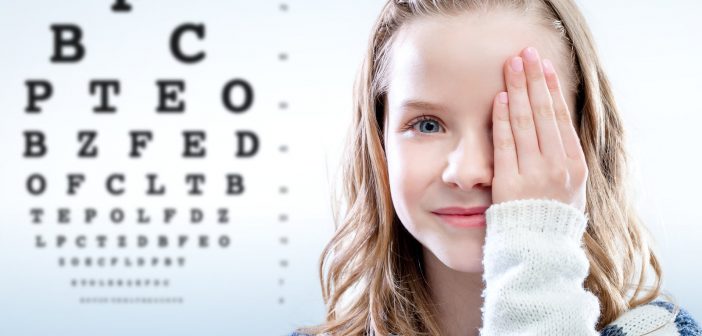National Eye Health Week is observed in the UK every year to promote the importance of eye health. This year it will take place from 20th to 26th September with the primary focus being regular sight testing.
Under the banner ‘Vision Matters’, this campaign was first launched in 2010 and has been well established ever since in raising awareness around good eye health.
Even though sight is the most prized of the senses, it has been noted that there isn’t enough awareness around the need for it’s constant care.
What you need to know about eye health
- Your eyes are a window to your overall health. Their connection to the brain and how the two work together makes up a huge part of your existence altogether.
- Getting your eyesight checked regularly can help in the detection of various other diseases.
- Most of the conditions which can lead to vision loss are completely avoidable.
- A good diet, regular exercise and no smoking contributes to your vision health a lot more than you would expect.
What you can do for your eye health
- Get your eyes tested, especially if you haven’t in the last 12 months or more.
- Don’t ignore common signs such as tension headaches, nausea or blurriness of vision.
- Consume an iron rich diet as often as you can.
- Avoid smoking.
Additionally, you can look into eligibility for yourself or family members for the free NHS eye tests and optical vouchers – https://www.nhs.uk/nhs-services/opticians/free-nhs-eye-tests-and-optical-vouchers/
Vision really matters. Most of what we perceive is through our eyes and protecting them needs to be at the top of your health checklist. The same especially applies to vision care during pregnancy and when you have a little one at home.
Vision health during pregnancy
Hormones during pregnancy can lead to a number of visual changes such as dry eyes, puffy eyes, refractive errors, migraines etc. Most of these are reversible once you’ve had your baby but still require close attention. It’s completely safe as well as highly recommended to see an optician during pregnancy not only for treatment but also for preventive assessment of any other chronic conditions due to pregnancy.
Vision health in early childhood
Optical development in a child undergoes the most number of changes in the first 3 years of life. A child’s eyesight rapidly improves over the first few months thus eventually enabling better object fixation, hand eye coordination and color differentiation. After 3 years, it’s advised to have your child formally screened for any vision difficulties at least once a year to keep track of their visual health.
How Nurturey PinkBook aims to support Vision Health
Nurturey PinkBook is the smartest digital upgrade for the NHS paper red book. Aimed at parents with young children and pregnant women, Nurturey’s intuitive tools help you navigate the journey of your child’s health and your pregnancy while feeling supported, informed and empowered.
- Support in Pregnancy
Features such as NHS Library (directly from the NHS), Pointers and FAQ provide overall pregnancy guidance in the form of articles, listicles and videos that keep you well-informed about your eye health.
- Support in Early Childhood
The Vision Health tool helps parents keep their child’s eyesight records, a pediatric gold standard test for colour blindness – helping parents manage their child’s vision health.
Depending on the stage of the parenting journey, there are other tools such as Timeline, Documents and Calendar that help parents log, manage and record their child’s as well as their important health events.
Nurturey PinkBook promises a smooth and easy transition of managing health services online – and not just for your visual health!
Prioritise your visual health this week and do your bit to help make this campaign a success. Whether it’s getting your eyes checked or just spreading the word amongst family and friends, remember any and every effort to raise awareness counts!
